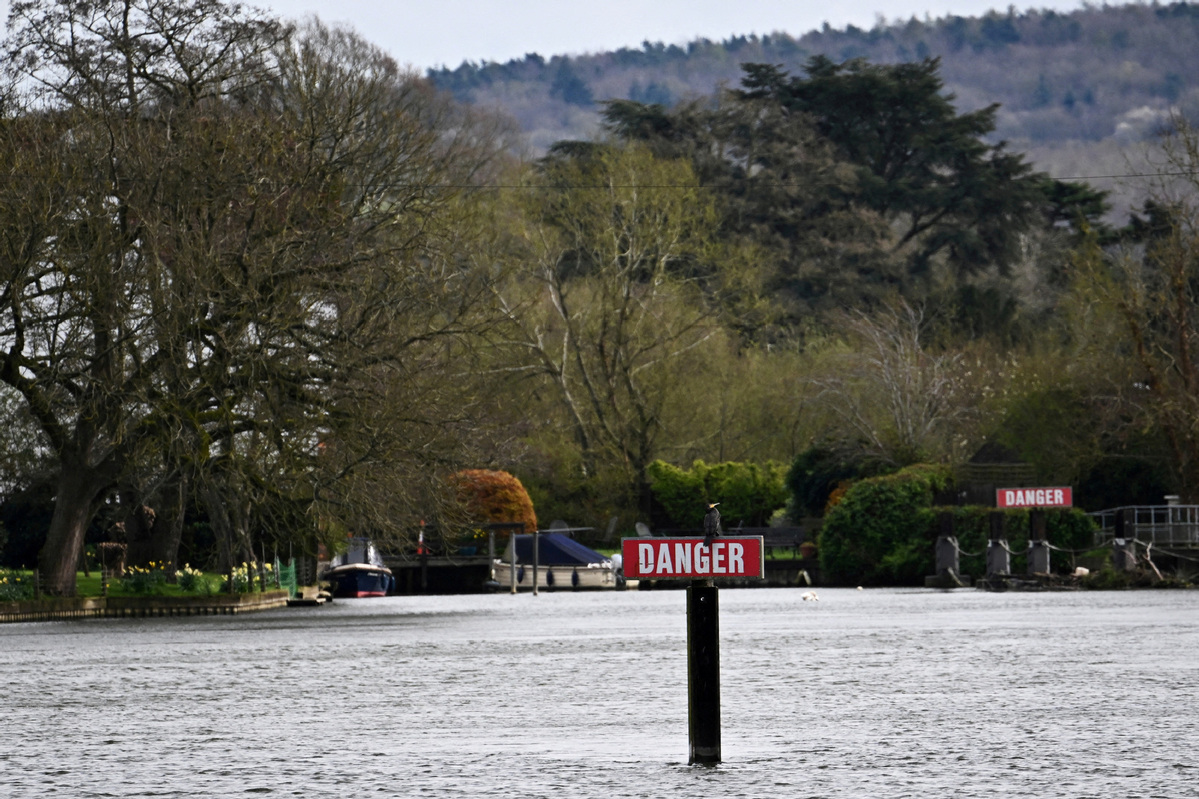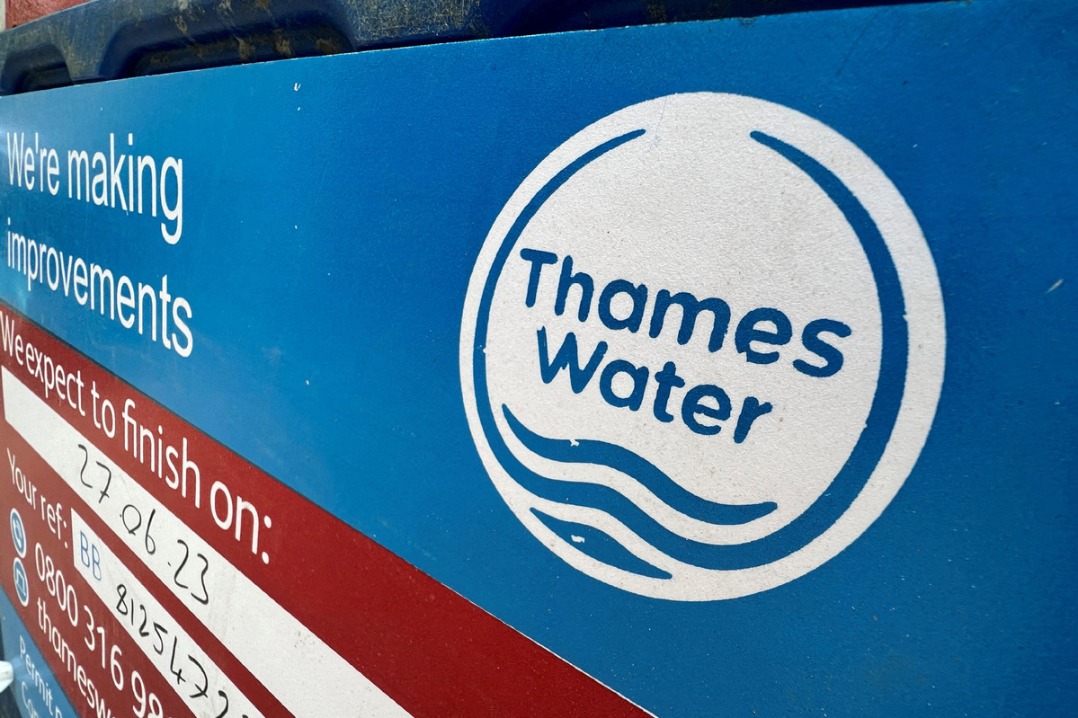Britain's dirty water problem will not wash away
Health and environmental fears cause major public concern, with no easy solution


Action stations
The Houses of Parliament are on the bank of the Thames, and the November march aims to bring the issue of pollution to its attention, culminating in a rally outside Parliament.
"The march is borne out of the lack of detail from new government plans to tackle the devastation of our waterways, and also the scale of corruption and greed in the sector," Amy Fairman, head of campaigns at pressure group River Action, said.
"We've got a coalition of more than 70 groups telling the government it's their job to stop the poisoning of our waterways by enforcing the law and reforming regulations. We want polluters held to account, then the incentive to pollute for profit vanishes."
Before the pandemic pushed all other concerns aside, many government promises for post-Brexit Britain related to cutting red tape and easing rules. But in the case of environmental protection, Fairman said, this is not progress.
"Since privatization, we saw profiteering off pollution due to the rolling back of funding for environmental enforcement agencies, enabling polluters to get away with it," she explained.
"Cutting red tape for the environmental sector means cutting regulations which exist to uphold the law, so if you cut them, who are you cutting red tape for? It's not to help the environment, so as a result, we've seen a huge decline in nature all over the country and also a decline in the ability to hold to account the people who cause it."
In October 2024, for the fourth year in a row, water companies were ordered by the water regulator OFWAT to repay customers for missing targets on pollution and repairing leaks, which currently mean one-fifth of water in the system is lost. Customer refunds will only be small, however, and in the case of Thames Water, will be dwarfed by the bill increase of 94 pounds ($122) that it wishes to impose over the next five years.
"It is for water companies and their boards, multi-billion pound enterprises, to turnaround their performance," OFWAT's CEO David Black told the BBC. "We agree there is much more to be done and we will continue to work to drive the sector to perform better."
Although she has sympathy with the situation the government has inherited, Fairman said deeds not words are needed before the crisis gets worse.
"In the run-up to the election, there were some good manifesto promises, but that's just tinkering round the edges," she said.
"The government's Water Special Measures Bill looks at fines for water company executives, but nowhere does it talk about increasing the enforcement of the law or increasing budgets to do so. They're good soundbites, but we need an action plan.
"We can't live without water in terms of supply and health, so on all agendas, water has to be up there on top of the political in-tray."
























